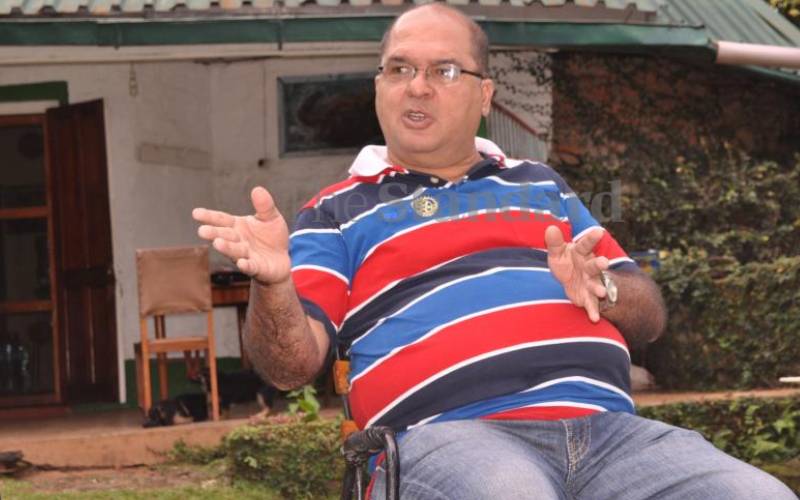×
The Standard e-Paper
Home To Bold Columnists

Kisumu East MP Shakeel Shabir. [Collins Oduor, Standard]
His entry into politics was unintentional. He had to quit a well-paying consultancy job in Nairobi and little did he know that it marked the beginning of a journey to greatness.